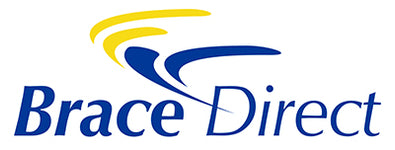9am - 5pm EST M-F
9am - 5pm EST M-F
Brace Direct offers neck braces and traction devices for every need—ranging from mild neck pain and whiplash injuries to post-surgery recovery and pediatric supports. Whether you require a soft collar for gentle relief or a rigid brace for complete immobilization, you’ll find the perfect solution here. Read on to learn about different brace types, their benefits, and how they can accelerate your recovery.
Whether you're seeking relief from daily aches or recovering from surgery, Brace Direct has a neck brace tailored for you. If you’re unsure which product suits you best, explore our full range of cervical supports or visit our Perfect Fit Promise for expert guidance and personalized fitting.
Browse All Neck Braces
Proper sizing is crucial for comfort and effectiveness. Measure your neck circumference and length as instructed by the brace manufacturer. A brace that’s too tight can cause skin irritation or breathing difficulties, while a loose fit won’t stabilize your neck properly. If you’re unsure, contact us through our Perfect Fit Promise for one of our specialists to help you get the perfect fit!
Perfect Fit Promise
Prolonged or unnecessary bracing may lead to mild muscle weakening. However, wearing a brace strictly under medical guidance ensures you get the support you need while avoiding overreliance. Gradual weaning from the brace, combined with exercises or physical therapy, helps maintain or rebuild muscle strength.
Sleeping in a neck brace can be safe if your doctor recommends it or the brace is designed for overnight wear. Soft collars usually provide moderate support to keep your neck in a neutral position, reducing strain or stiffness by morning. Always ensure the brace doesn’t restrict breathing or circulation.
A soft collar is typically enough for mild soreness, strain, or posture correction, providing gentle support. Rigid braces, however, are required for more severe injuries, post-surgical immobilization, or conditions like unstable fractures. A medical professional can determine which level of support is best.
Yes. Stabilizing the cervical spine with a brace can reduce pressure on irritated nerves, often easing numbness or tingling. For persistent nerve issues, additional therapies like traction or physical rehabilitation may be recommended by your healthcare provider.
